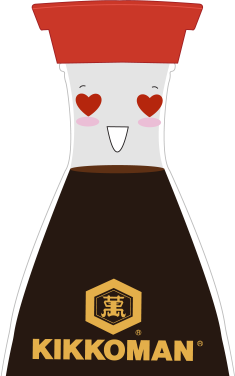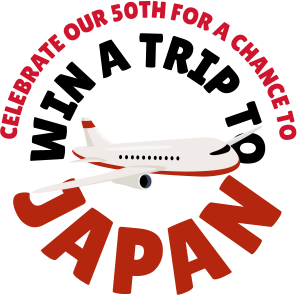6 SOY SAUCE MYTHS, BUSTED
Setting the record straight about one of America’s favorite flavors
It’s one of the most distinctive and popular flavors on earth. But even people who love it and use it all the time don’t always know exactly what soy sauce is…and what makes it so delicious.
To celebrate National Soy Sauce Day on October 1st, we’re setting the record straight.
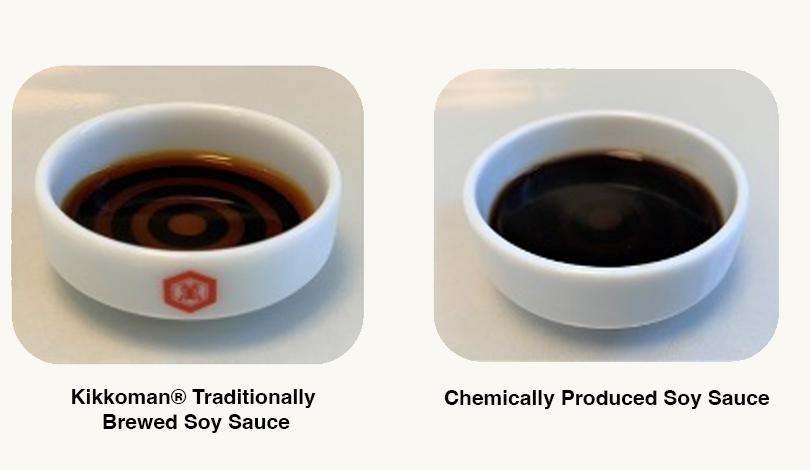
Myth: All soy sauces are alike
Soy sauce is soy sauce, right? Definitely not. Some chemically produced “soy sauces” are made in a matter of hours by treating soybeans with hydrochloric acid. Kikkoman Soy Sauce is traditionally brewed from water, soybeans, wheat and salt—slowly fermented like a fine wine for several months. Chemically produced soy sauces have a one-dimensional flavor and aroma that masks and overpowers foods. Traditionally brewed Kikkoman has a delicate, sweet-savory flavor that complements and enhances whatever you pair it with. Chemically produced soy sauce (right) is dark and opaque, with a harsh flavor and aroma. Kikkomon® Soy Sauce (left) has a delicate color, flavor and aroma that complement and enhance other ingredients without overpowering them.
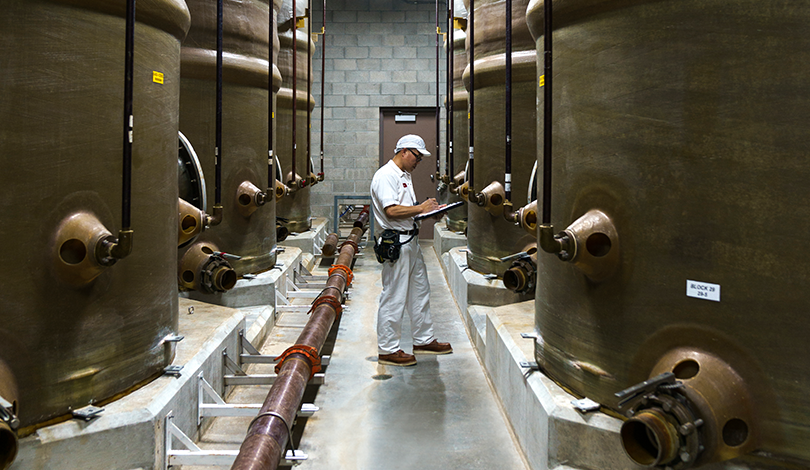
Myth: Soy sauce is made by stirring a bunch of ingredients together.
That may be true for many sauces, like BBQ sauce, salsa, or tartar sauce, which follow a “recipe,” combining ingredients and sometimes cooking them. But a traditionally brewed soy sauce like Kikkoman isn’t about combining ingredients. It’s about transforming them through a slow, carefully controlled fermentation process. In our case, even though we produce our soy sauce in pristine, state-of-the-art facilities, our traditional brewing process has remained unchanged for more than three centuries. We blend carefully selected soybeans and wheat, add a proprietary starter, and three days later, a brine of salt and water. The rest is up to nature—and time. Over the next several months, fermentation magically turns those simple raw materials into a sauce no “recipe” could ever duplicate.

Myth: Soy sauce is just for Asian cooking.
Traditionally brewed soy sauce is rich in umami, the deliciously savory “fifth taste.” That means it’s not just a flavor…it’s a flavor enhancer. A little Kikkoman ® Soy Sauce can bring out the flavors of other ingredients without overpowering them. So, while it’s perfect for Asian-inspired dishes, where you want a noticeable soy sauce flavor, it’s also right at home in American classics like burgers and steak, and it works in just about any cuisine, including Latin, Mediterranean, or Near Eastern—wherever you want savory flavor depth and an extra boost of umami. For example, use Kikkoman Soy Sauce® in your brine for a juicy, succulent, savory and golden-brown turkey! Try these easy soy sauce hacks, and taste the umami effect for yourself!
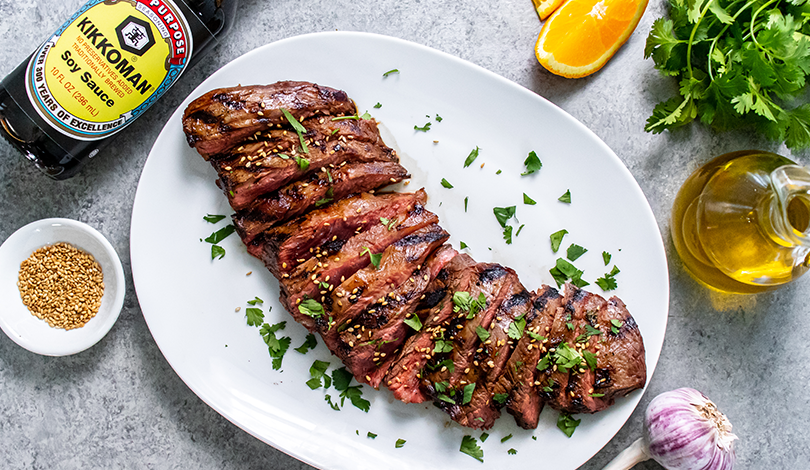
Myth: Soy Sauce is just a dipping condiment.
Sure, a splash of Kikkoman® Soy Sauce is great on sushi, and it is the perfect condiment for so many Asian dishes from ramen to dumplings. But don’t stop there. Kikkoman is a must-have kitchen staple to add to recipes, whether you’re stirring up a stir-fry, grilling meat, chicken, fish or veggies, or slow-cooking a braise or stew.

Myth: Soy sauce is a “niche” product.
American consumers have purchased more soy sauce than BBQ sauce, hot sauce or mustard! 1 Far from being a “niche” ingredient, soy sauce is one of America’s flavors—and we’re proud to be America’s #1 Soy Sauce! 2
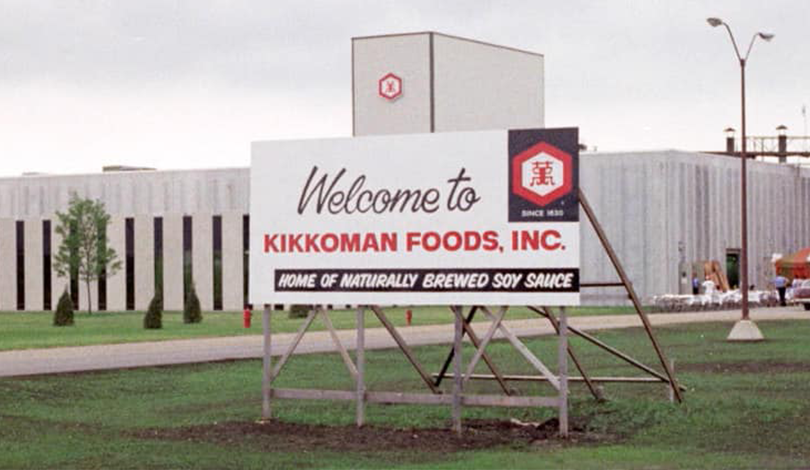
Myth: The Kikkoman® Soy Sauce at the grocery store is imported.
We’ve been brewing Kikkoman® Soy Sauce in the USA to the highest standards of quality for more than 50 years! In the early 1970s, we chose the town of Walworth, Wisconsin, in the heart of America’s fertile soybean and wheat country as the location for our first Soy Sauce factory outside Japan. Today, it’s the largest soy sauce production facility in the western world. We use North American soybeans, wheat, and salt and local water to make our Soy Sauce at our Wisconsin plant and a second plant in Folsom, California.
1 https://qz.com/172019/ketchup-isnt-the-king-of-american-condiments-mayonnaise-is
2 Based on U.S. sales data during the 52-week period ending 8/12/23 .

